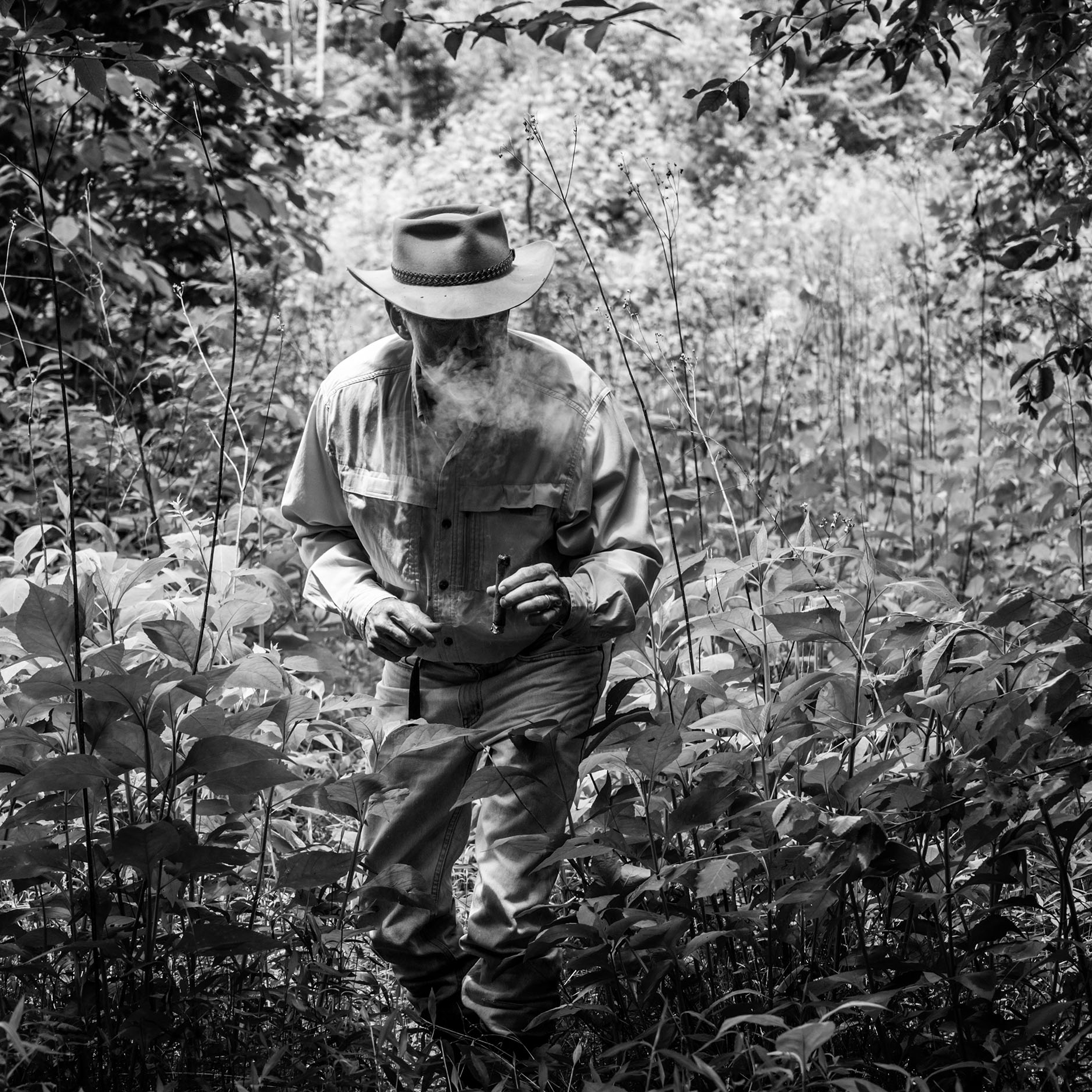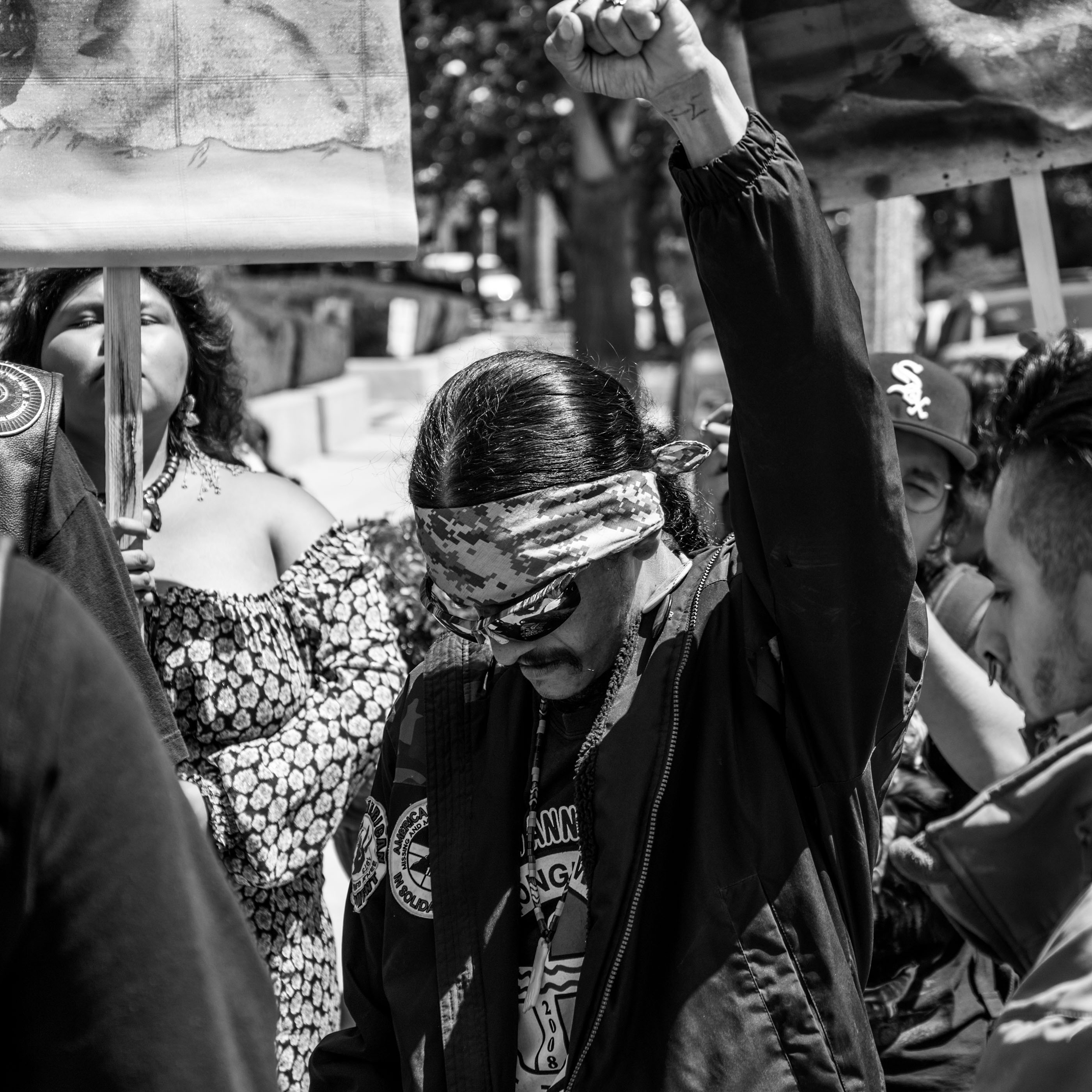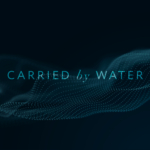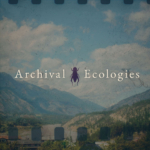
An Original Audio Story Series Led by Nate Otjen, Jessica Ng + Juan Manuel Rubio
You can find Mining for the Climate on on Apple Podcasts, Spotify, Amazon Music, iHeartRadio and PlayerFM.
One dominant vision for the energy transition promises that renewable technologies will bring about a world free from fossil fuels. This paradigm invests in technological innovation while often discounting transformative social change. Through this lens on the future, technology creates improved living conditions, even as transportation infrastructure, consumerism, and the inequities of modern living remain unchanged. Though it presents itself as a vital and redemptive departure from the fossil fuel world, this vision of energy transition relies on new and often unprecedented forms of extraction and consumption.
Mining for the Climate examines the perils of the energy transition in its reliance on critical minerals. The project emphasizes the voices and perspectives of frontline communities, bringing climate justice stories about the impacts of critical mineral mining to wider publics. We ask if increased mining and a more mining-dependent society are in the best interests of human communities, other beings and the climate.
The project has produced two seasons of an audio documentary series published by Blue Lab. The first season was released in January 2024. It takes a deep look at Piedmont Lithium’s proposed mine in Gaston County, North Carolina. The second season was released in May 2025, with a critical mapping component to be published later. It examines contestations over lithium development in the McDermitt Caldera in Humboldt County, Nevada.
In addition to offering a platform for environmental storytelling and research, Mining for the Climate is a pedagogical project. Undergraduate students learn an array of skills, including how to use audio and video recording equipment, how to interview people and how to produce audio narratives. At the same time, we are working to bring these stories to primary and secondary classrooms where they can further inspire and impact.
Credits
Season 1 created by Juan Manuel Rubio and Nate Otjen. Season 2 created by Nate Otjen and Jessica Ng. Research, writing and production support from Princeton University students Christopher Bao, Alex Norbrook, Jose Santacruz, Grace Wang and Max Widmann.
Mining for the Climate is a production of Blue Lab with support from Princeton University. For their support and expertise, we also thank, at Princeton, High Meadows Environmental Institute, Princeton Humanities Council and Princeton Office of the Dean for Research, as well as Kouvenda Media.
Copyright 2025 Nate Otjen, Juan Manuel Rubio, Jessica Ng and Blue Lab.




